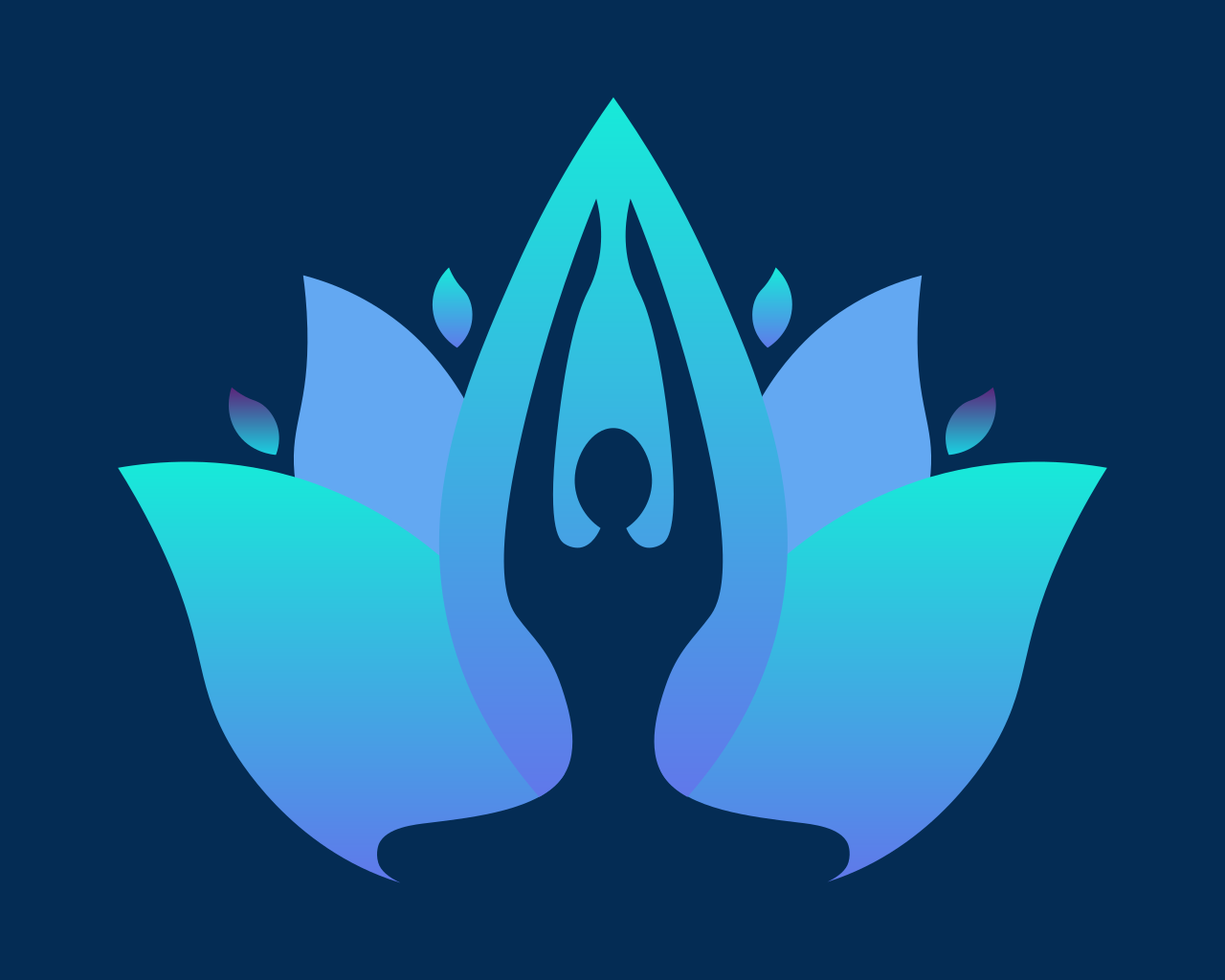Creativity and mental health have long been linked, with many studies suggesting a strong connection between the two. People who are more creative tend to have better mental health, and those who struggle with mental health issues often find solace in creative outlets. But what exactly is the connection between creativity and mental health, and how can we harness this connection to improve our overall well-being?
One of the key ways in which creativity and mental health are intertwined is through the process of self-expression. Creativity allows us to express our thoughts, feelings, and emotions in a way that words alone cannot. Whether it’s through painting, writing, music, or any other form of artistic expression, creativity provides an outlet for us to release pent-up emotions and process difficult experiences. This can be incredibly therapeutic for those struggling with mental health issues, as it allows them to externalize their inner turmoil and gain a new perspective on their circumstances.
Furthermore, engaging in creative activities can also help to improve our overall mental health by boosting our self-esteem and self-confidence. When we create something – whether it’s a piece of art, a song, or a story – that is meaningful to us, it can give us a sense of accomplishment and pride. This can help to counteract negative self-talk and self-doubt, which are often symptoms of mental health conditions like anxiety and depression.
In addition to providing a means of self-expression and boosting self-esteem, creativity can also help to improve our mental health by promoting mindfulness and relaxation. When we are deeply engaged in a creative activity, we enter a state of flow where our thoughts and worries melt away, and we are fully present in the moment. This can be incredibly calming and grounding, helping to reduce stress and anxiety and improve our overall sense of well-being.
But how can we harness the power of creativity to improve our mental health? One potential avenue is through the use of hypnotherapy. Hypnotherapy is a form of therapy that uses guided relaxation, intense concentration, and focused attention to achieve a heightened state of awareness and suggestibility. It has been shown to be effective in treating a wide range of mental health issues, including anxiety, depression, and PTSD.
Recent studies have even suggested that hypnotherapy can be effective in treating physical conditions such as overactive bladder and urinary incontinence. In fact, one study found that hypnotherapy for overactive bladder and urinary incontinence had equivalent results to the current standard medical treatment overall. In those patients who were open to the idea of hypnotherapy, the results were even more promising.
Overall, the connection between creativity and mental health is a powerful one, and one that can be harnessed to improve our overall well-being. Whether through engaging in creative activities like painting or music, or exploring alternative therapies like hypnotherapy, there are many ways in which we can use our creativity to support our mental health. By tapping into our creative side, we can find new ways to express ourselves, boost our self-esteem, and promote relaxation and mindfulness – all of which can contribute to a healthier, happier mind.
——————-
Article posted by:
Aana Wilson Hypnotherapy
https://www.aanawilson.com/
Albuquerque, United States
Aana Wilson is a certified Medical Support Clinical Hypnotherapist working with children 6 and up and adults.
For more information on hypnotherapy for overactive bladder and urinary incontinence had equivalent results to the current standard medical treatment overall. In those pa… contact us anytime:
Aana Wilson Hypnotherapy
https://www.aanawilson.com/
Albuquerque, United States
Aana Wilson is a certified Medical Support Clinical Hypnotherapist working with children 6 and up and adults.
